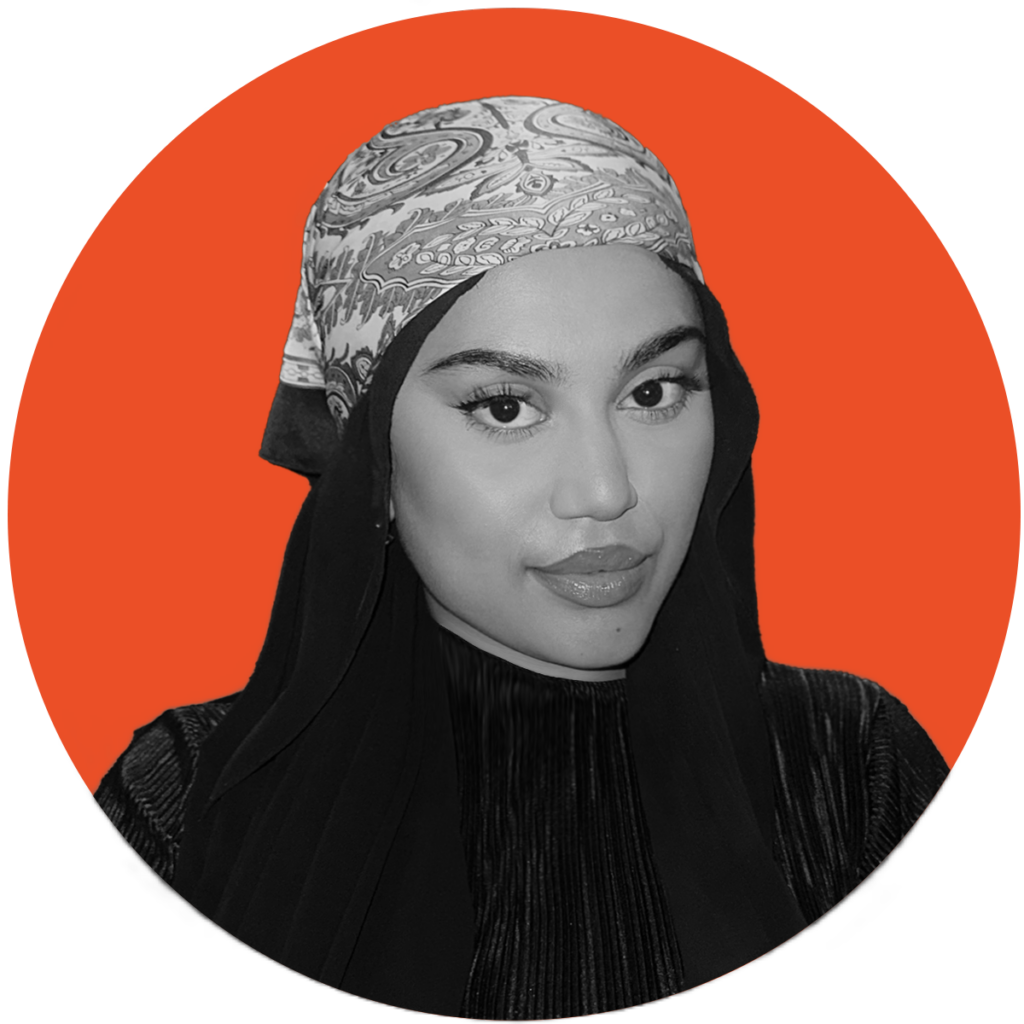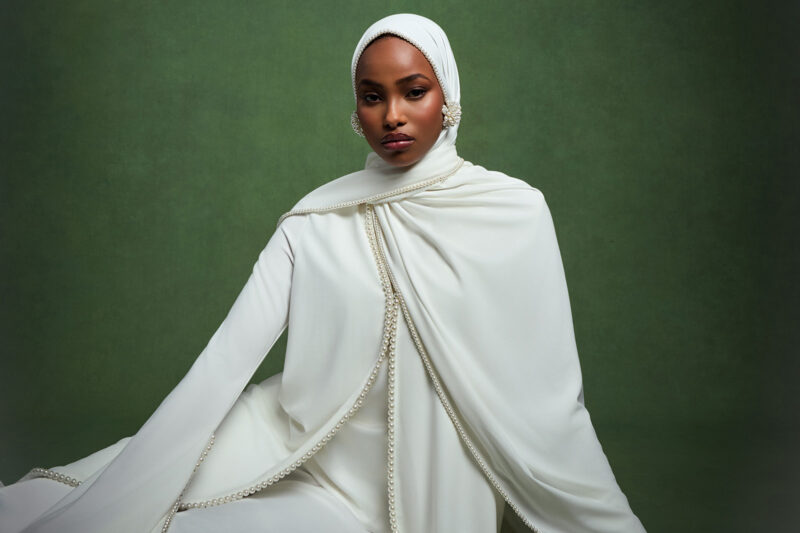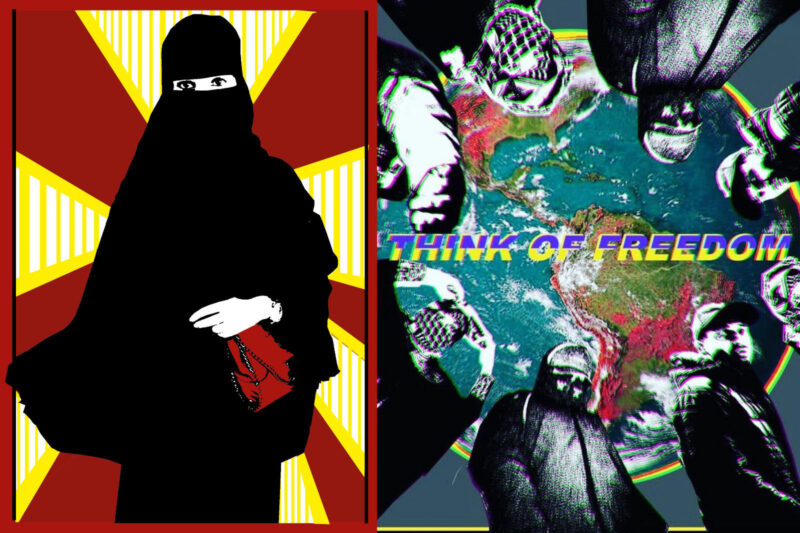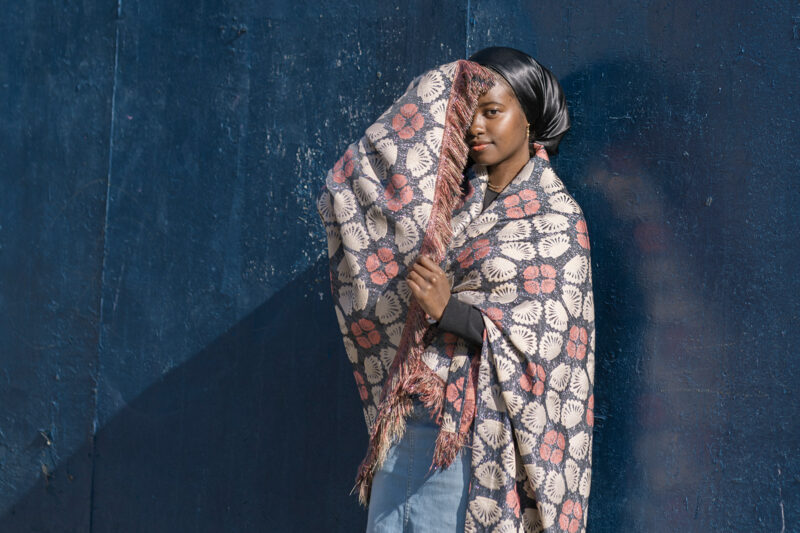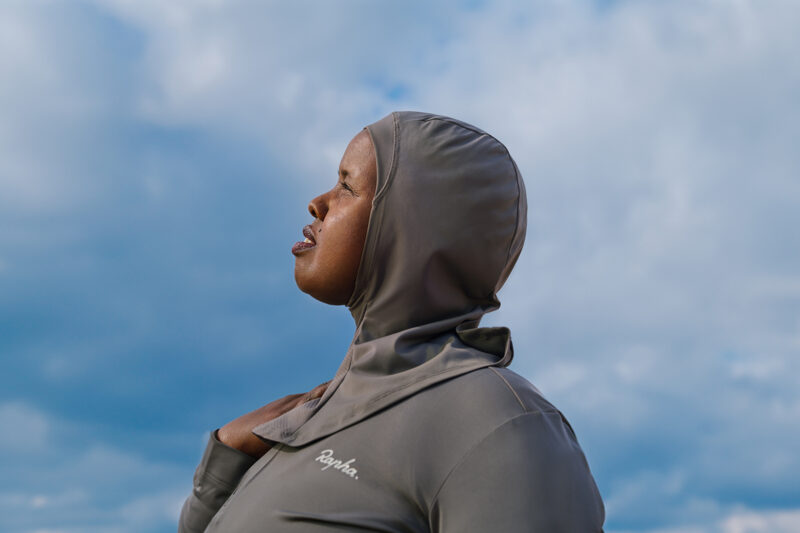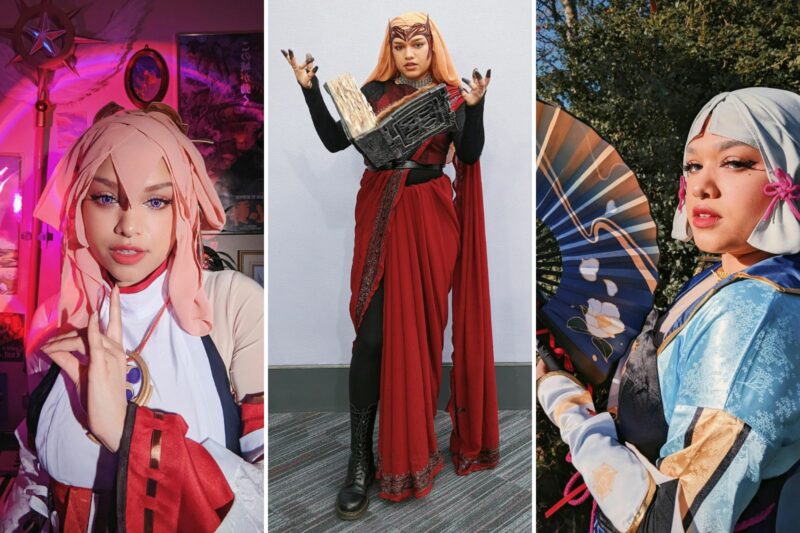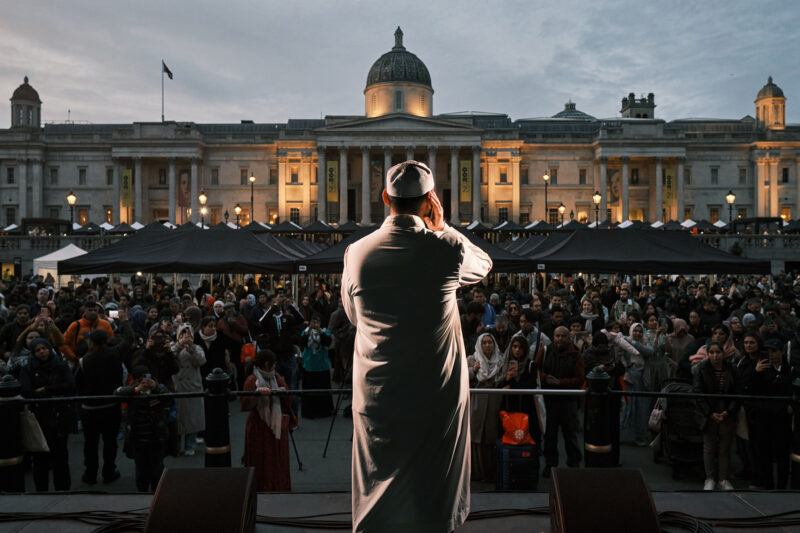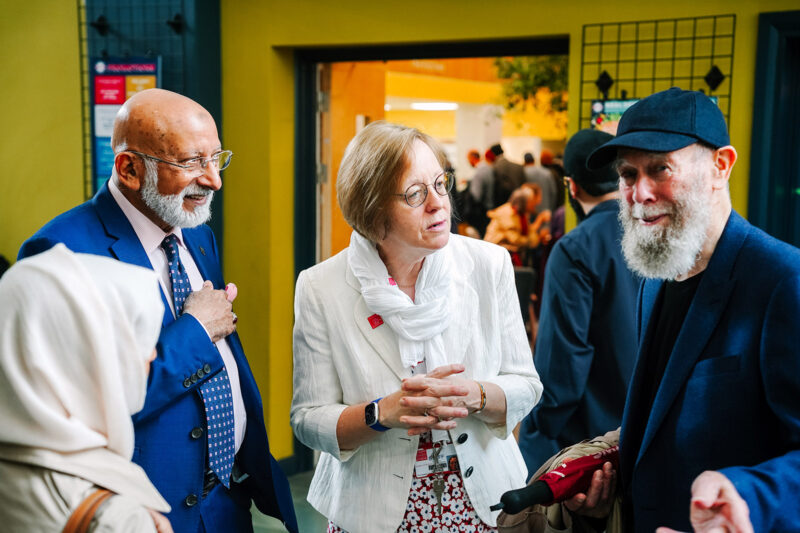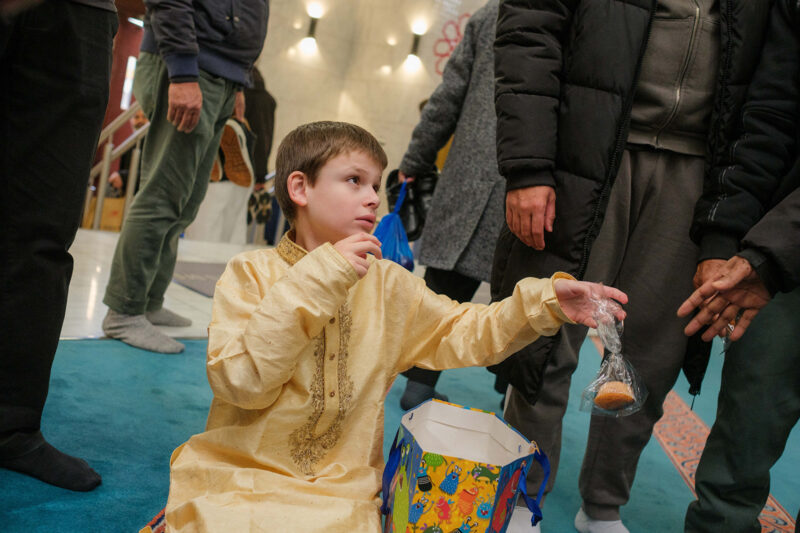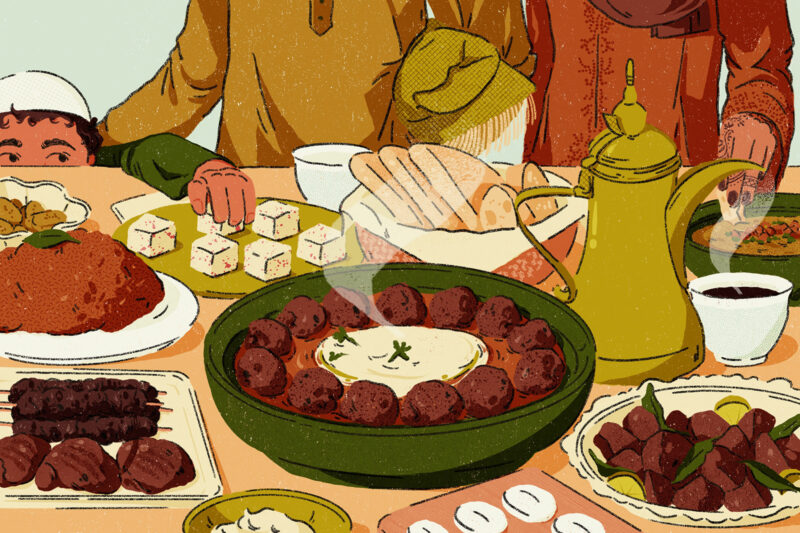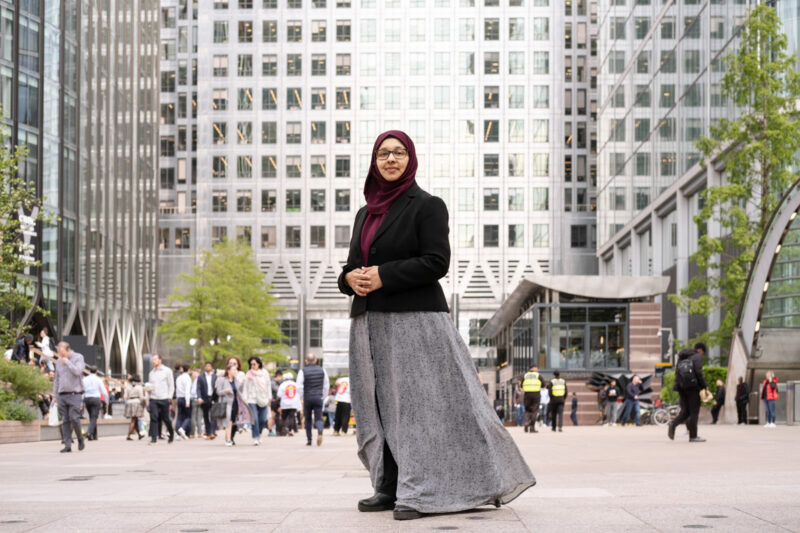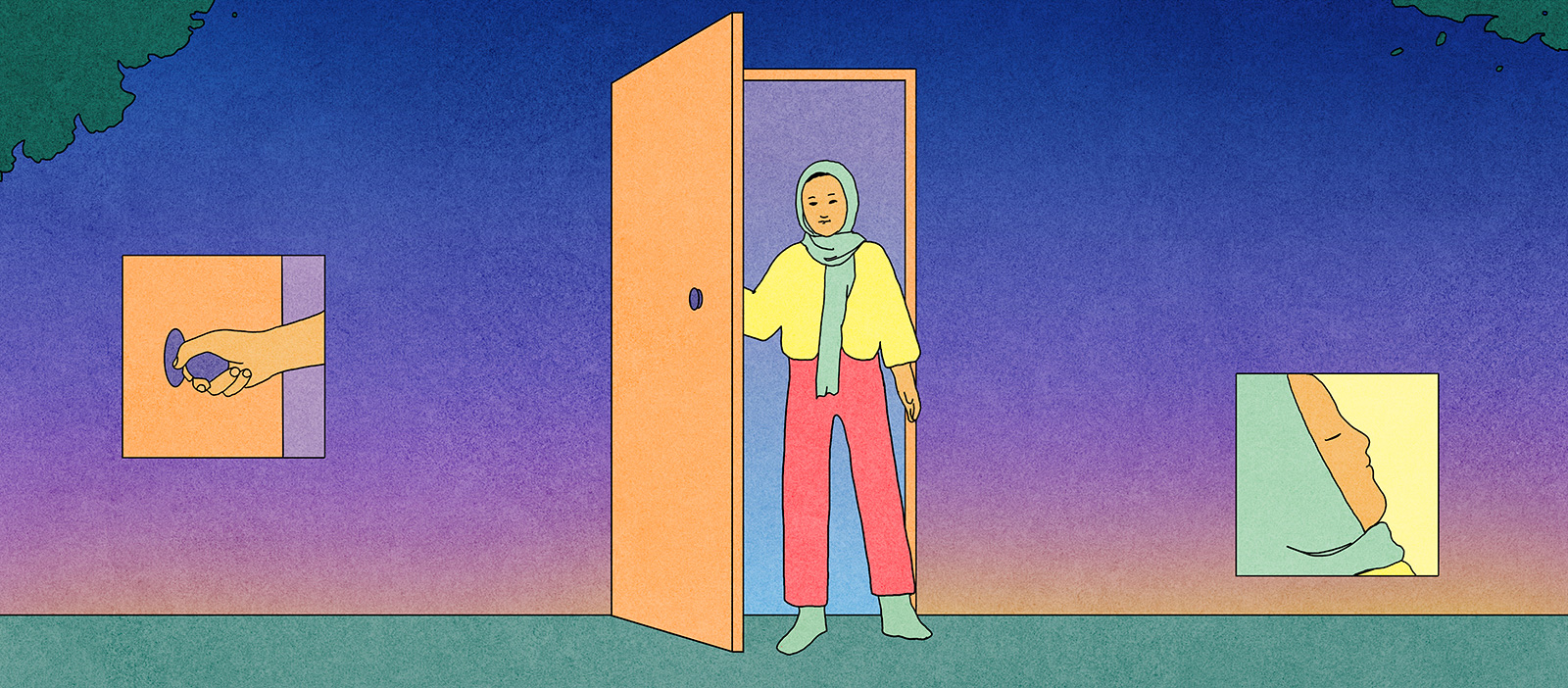
The journey to my hijab-iversary has been liberating and enriching
More than just a piece of fabric that I wear on my head, I have found a whole new outlook on life
As the annual 1 February celebration of World Hijab Day has drawn closer, I have found myself reflecting upon my own experiences. It has been a full year since I decided to wear the hijab and my journey has been a powerful and liberating one. It all started at the end of 2022, when I was going through a rough patch in my personal life. At a time when everything seemed to be falling apart, I found a great deal of comfort in faith and prayer.
As I explored Islam more deeply and did my best to become a better Muslim, I fell in love with the meaning behind the hijab and why Allah has commanded Muslim women to wear it. In Surah 33 verse 59 in the Qur’an, it says: “O Prophet Muhammad. Ask your wives, daughters, and believing women to draw their cloaks over their bodies. In this way it is more likely that they will be recognised as virtuous and not be harassed. And Allah is All-Forgiving, Most Merciful.”
After thinking about it for a few weeks, I decided that wearing the hijab was what I really wanted. The moment I wrapped the scarf around my head, I felt an immediate sense of peace and a closer connection to the deen. For me, the hijab is much more than a piece of fabric. Along with the protection, privacy and comfort it provides, it offers a continuous reminder that I am a Muslim, representing the Ummah and a manifestation of my devotion to Allah.
Wearing the hijab has helped set out boundaries in my day-to-day life, but I do not feel that it limits me. For instance, dressing modestly has liberated me from many of the expectations of a society that constantly sexualises and objectifies women. Being a hijabi has also become part of my lifestyle and character, bringing with it positive changes in my mannerisms and the way I carry myself. Another benefit is that I now no longer have to spend hours trying to figure out how to do my hair the night before. Now, I just choose my outfit, throw on a coordinated hijab and am ready.
Initially, I was concerned that not being able to show my hair would make me look ugly. Like many other women I have seen on social media, I thought about compensating by wearing more elaborate makeup. To my surprise, I didn’t experience any of that. Instead, I felt prettier and like I was being met with a higher level of respect from men and women alike.
At first, trying to find my style was a challenge, but I have since discovered numerous ways of wearing the hijab that are comfortable and suit me. For an evening out, my favourite is to tie a silk bandana on top of the scarf. When I want a more casual vibe, I tuck the ends into my hoodie. In these chillier months, though, my go-to has been wearing a beanie over the top — a look that is as cosy as it is trendy.
It hasn’t all been easy, though. Before I first wore my hijab in public, I wrestled with fears of discrimination and abuse. After reading reports of horrific attacks on Muslim women in the UK, I found myself watching my back at train station platforms, worried that someone might see how I was dressed and try to push me onto the tracks. Nothing of the sort has happened and, over time, I have become more comfortable, though a spike in hate crimes since the 7 October Hamas attacks and the subsequent Israeli bombardment of Gaza does make me anxious as a visibly Muslim woman.
One of the more unexpected turns was a close friend telling me that wearing the hijab had changed me and eventually cutting ties between us. After a visit to a restaurant for my birthday, they had suggested going to a nearby bar, but I declined, because I didn’t want to be surrounded by alcohol. Despite knowing that I don’t drink, they proceeded to push the issue and said: “Pre-hijab, you weren’t like this.” I insisted that we do something else but, owing to the uncomfortable scene, we all ended up going home instead. A few weeks later, I received a message saying that they felt we could no longer be friends.
There are many inaccurate and preconceived ideas of what it means to be a hijabi. Even I grew up with the narrow understanding that women who wore the hijab were sheltered and couldn’t pursue their goals. While the latter can be true to some extent, I believe it is more often related to widespread misconceptions and structural barriers to success than any limits imposed by their faith. I, however, am fortunate enough to feel that my hijab, which has become a vital part of my identity and way of life, allows me to express myself more fully than ever before.
 Newsletter
Newsletter

